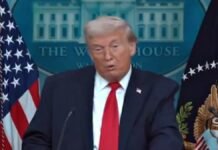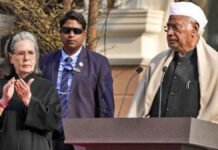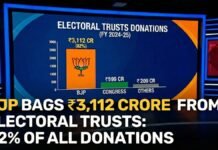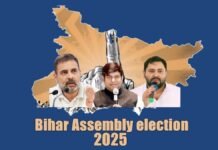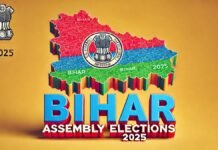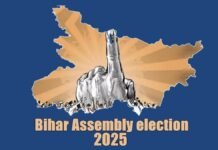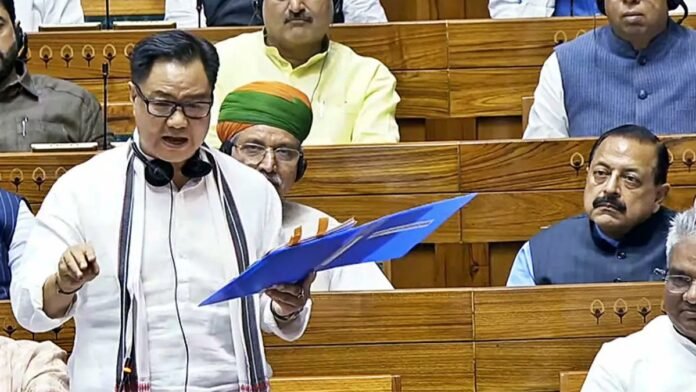
Key Takeaways:
- Joint Parliamentary Committee (JPC) Formed: A 39-member JPC has been constituted to examine the “One Country, One Election” bill, proposing simultaneous parliamentary and assembly elections.
- PP Chaudhary Likely to Chair: Former Union Minister and BJP MP PP Chaudhary, a law expert, is expected to lead the committee.
- Diverse Representation: The committee comprises 39 members from various political parties, with 22 from NDA and 10 from the opposition ‘India’ alliance.
- Opposition Challenges: Congress and other parties have raised concerns about the bill’s impact on federalism, alleging it undermines the Constitution’s basic structure.
- Submission Deadline: The committee is tasked to submit its report by the last week of the upcoming budget session, though extensions are possible.
New Delhi: In a landmark move, Parliament on Friday established a 39-member Joint Parliamentary Committee (JPC) to deliberate on the “One Country, One Election” bill, which seeks to synchronize parliamentary and assembly elections across India. The bill, formally titled the Constitution (129th Amendment) Bill, 2024, along with the Union Territory Law (Amendment) Bill, 2024, has stirred intense debate among political circles, raising questions about its impact on federalism and electoral integrity.
Formation and Leadership of the Committee
The JPC, consisting of 27 members from the Lok Sabha and 12 from the Rajya Sabha, is expected to be chaired by PP Chaudhary, a BJP MP and former Union Minister of State for Law and Justice. Known for his legal expertise, Chaudhary is seen as a fitting choice to oversee deliberations on this complex and transformative legislation.
The Rajya Sabha approved the inclusion of its 12 members in the JPC through a voice vote. Notable members include Randeep Singh Surjewala and Mukul Wasnik from Congress, Sanjay Singh from AAP, and representatives from BJP, TMC, DMK, and other parties.
From the Lok Sabha, prominent members include Bansuri Swaraj, Anurag Thakur, and Bhartruhari Mahtab from the BJP, along with Priyanka Gandhi Vadra and Manish Tiwari from Congress. The committee represents a wide spectrum of political ideologies, reflecting the diverse opinions on the issue.
Political Dynamics at Play
The JPC comprises 22 members from the ruling NDA, including allies like Shiv Sena and TDP, and 10 members from the opposition ‘India’ alliance, with representation from Congress, TMC, and SP. The BJD and YSRCP, neither aligned with the ruling coalition nor the opposition alliance, also have a presence on the committee.
While the YSR Congress Party has supported the proposal, the BJD is yet to clarify its stance, adding intrigue to the unfolding political debate.
Contentious Debate in Parliament
Law Minister Arjun Ram Meghwal proposed the bills for JPC consideration, which were passed after heated discussions. The Constitution (129th Amendment) Bill, 2024, was introduced following a division of votes: 263 in favor and 198 against.
The opposition, led by Congress, argued that the bill undermines the federal structure of the Constitution and could erode state autonomy. Meghwal countered these claims, asserting that the bill is entirely constitutional and does not infringe upon the powers of state governments.
Government’s Stance
Parliamentary Affairs Minister Kiren Rijiju defended the initiative, emphasizing its significance in streamlining the electoral process. “This is a critical reform for India’s election system. The government has ensured participation from all major political parties,” Rijiju stated.
He clarified that there is no cap on the size of a parliamentary committee, citing past instances where similar committees had over 50 members.
Looking Ahead
The committee has been instructed to submit its findings by the last week of the budget session, though an extension may be granted given the bill’s importance. The resolution to form the JPC marks a crucial step in addressing logistical and constitutional challenges associated with simultaneous elections.
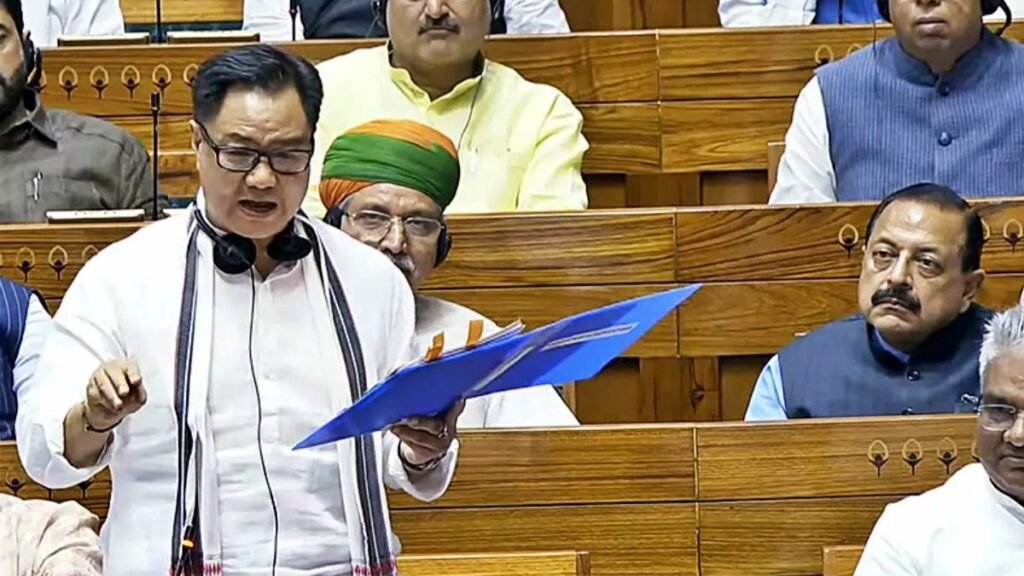
The “One Country, One Election” concept aims to reduce the financial and administrative burden of frequent elections while ensuring political stability. However, its implications for federalism and democratic processes remain hotly contested.
This initiative could potentially reshape India’s electoral landscape, and the committee’s deliberations will be closely monitored by political analysts, stakeholders, and the public alike. Whether it leads to consensus or further divides the political spectrum, the outcome will undeniably be pivotal in shaping India’s democratic future.



































